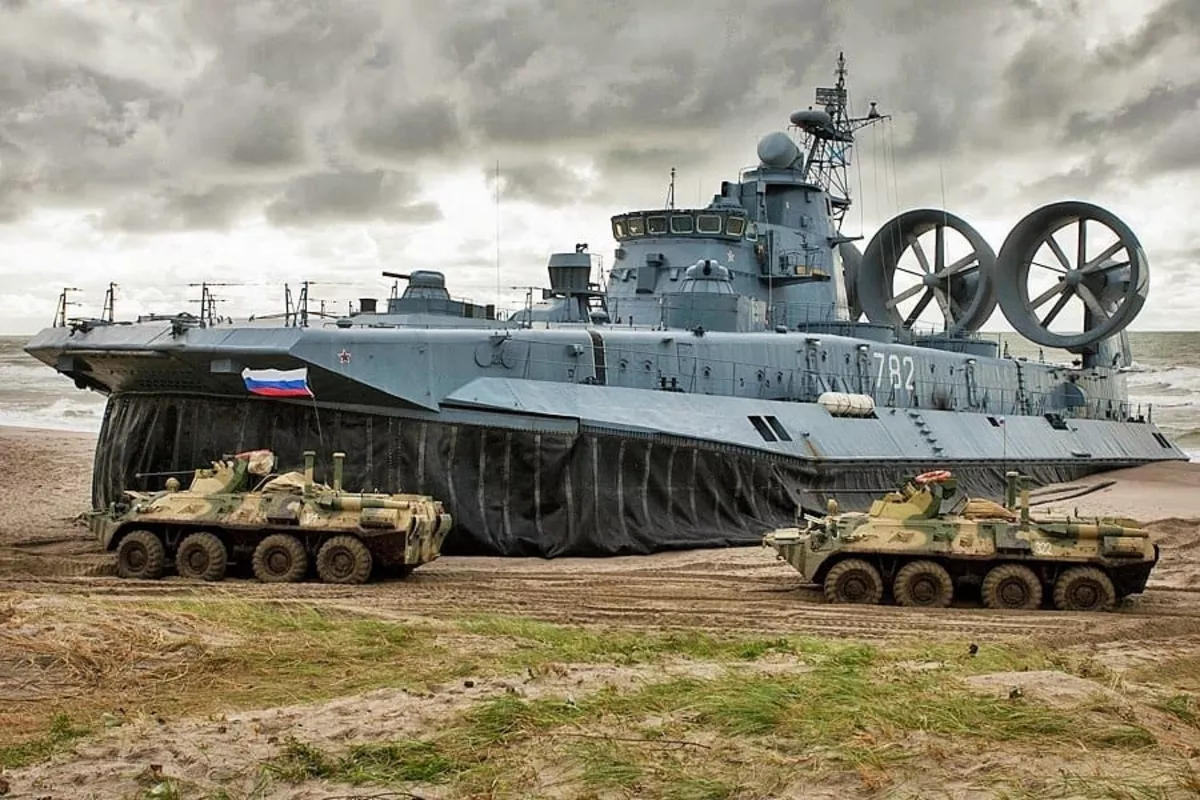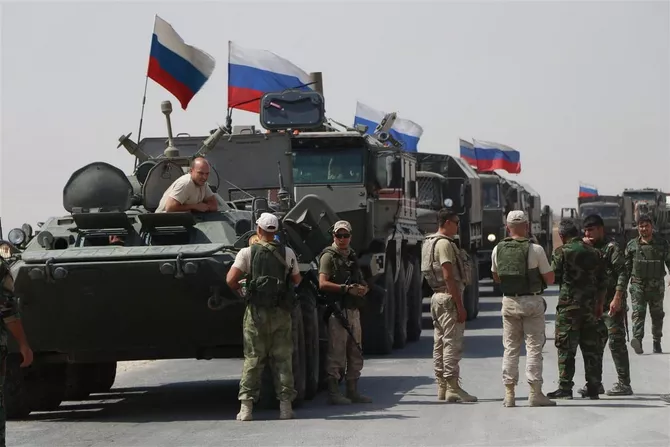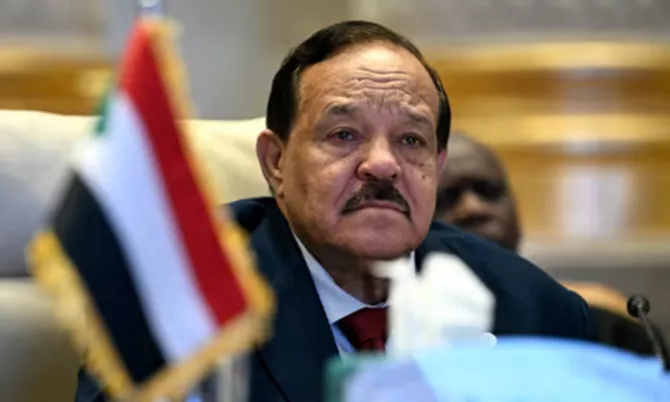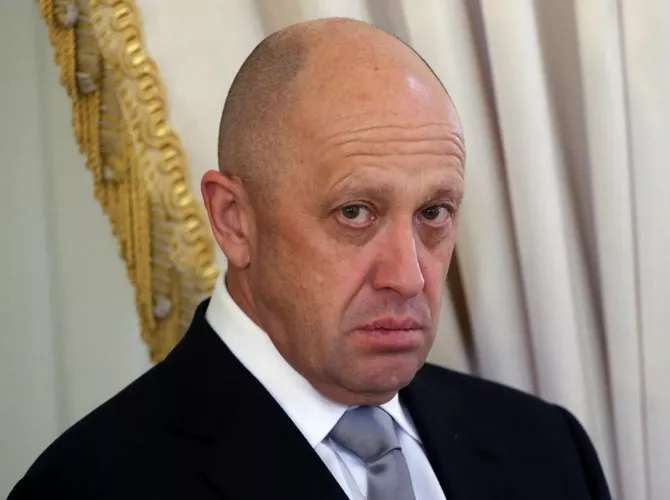
Photo credit: greydynamics.com
The long-anticipated Russian naval facility in Sudan, once touted as one of Moscow’s most strategically ambitious military projects outside the post-Soviet space, has again dissolved into uncertainty.
According to Maritime Executive, Moscow has suspended implementation of the agreement to establish the base, effectively stepping back from plans that were intended to secure a permanent military footprint on the Red Sea and extend Russia’s operational reach beyond the Suez Canal toward the Indian Ocean.
Russian outlets quickly echoed the report, citing a statement from Russia’s ambassador to Sudan, Andrei Chernovol, who acknowledged that “given the current military conflict in Sudan, progress on this issue has been temporarily halted.” His cautious yet definitive wording reflects a reality that has become increasingly clear: the project is stalled not because of a single obstacle, but due to a combination of political fractures, shifting alliances, security breakdowns, and global geopolitical pressures that have repeatedly undermined Moscow’s ambitions in Africa.
The original framework for the base dates back to 2017, during the presidency of Omar al-Bashir. That year, Russia and Sudan began negotiating a deal permitting Moscow to build a logistics hub and naval facility capable of servicing ships with nuclear propulsion. In 2020, a 25-year agreement was formally signed, enabling Russia to deploy up to 300 personnel and dock four warships.

Photo credit: Samer Uveyd/Anadolu Agency
The Kremlin portrayed the project as a long-overdue return to blue-water naval strategy - an echo of Soviet-era geostrategy, when the USSR operated ports and projection facilities across Africa. Yet, as soon as al-Bashir was ousted, the agreement’s foundation began to erode.
By 2021, Khartoum signaled it was reconsidering the deal. Officials claimed the agreement required approval by a legislative body, which did not exist amid Sudan’s political fragmentation. Russian officials dismissed the reports, but no ratification followed.
The outbreak of full-scale civil war in 2023 delivered another blow to Russian hopes. In late 2024, reports suggested Sudan had abandoned the project entirely under Western pressure and fears of sanctions. In February 2025, however, optimism resurfaced when Sudan’s Foreign Minister Ali Yousif Ahmed al-Sharif announced that the project was back on track following negotiations with Sergei Lavrov in Moscow. Expectations rose once again, yet no tangible progress materialized.

Sudan’s Foreign Minister Ali Yousif Ahmed al-Sharif
Now, nearly a decade after the idea first entered the diplomatic lexicon, the November 2025 update marks perhaps the most definitive setback to date. For Moscow, the implications run deeper than Sudanese domestic turbulence. The stalled base symbolizes Russia’s broader struggle to maintain - and expand - influence in Africa at a time when Western governments, regional actors, Gulf monarchies, and increasingly China are competing for strategic footholds.
The planned base was intended not merely as a logistical facility, but as a statement: Russia would no longer accept confinement to a predominantly regional maritime posture. With access to the Red Sea and proximity to one of the world’s most vital maritime chokepoints - the Suez Canal - Moscow sought to reshape naval realities in a manner reminiscent of Soviet deployments in Port Said, Tripoli, Sfax, Mogadishu, Aden, and Luanda.
For decades, the USSR maintained both temporary and permanent bases across Africa, using the continent as a launchpad for power projection into the Middle East, the Mediterranean, and the Indian Ocean. After the Soviet collapse, that entire strategic architecture crumbled.
The attempted comeback has proven difficult. In recent months, The Wall Street Journal published an investigation describing how Russia’s newest paramilitary formation - the “African Corps,” established after the death of Wagner Group leader Yevgeny Prigozhin - failed to replicate Wagner’s role on the continent. Countries that once aligned with Moscow, including Mali, Niger, and Burkina Faso, have reportedly expressed regret. In Sudan, where Wagner had entrenched itself in lucrative gold extraction networks, the African Corps struggled to maintain control. Reports described chaos: supply lines blocked, workers intimidated, and gold production disrupted. Local populations told reporters that Russian forces had already withdrawn from mining areas months earlier.

Yevgeny Prigozhin, the head of the Russian Wagner Group mercenary force. Bloomberg
Similarly, in Mali, Wagner fighters failed to contain insurgent offensives and became associated less with security and more with brutality and human rights abuses. Analysts argue that all these developments have weakened Russia’s appeal as a reliable partner capable of providing security without generating domestic backlash.
Against this backdrop, the failure to secure a naval base in Sudan represents more than a logistical setback. It highlights a deeper dilemma: Russia’s global ambitions far exceed its current diplomatic leverage, military bandwidth, and economic capacity.
The war in Ukraine, Western sanctions, the collapse of Wagner’s autonomy, and shifting African political dynamics have combined to constrain Moscow’s options. Even former partners now treat Russian involvement as a liability rather than a guarantee.
Yet despite the current impasse, Moscow is unlikely to abandon the idea entirely. Russia’s 2022 Maritime Doctrine explicitly identifies the Red Sea as a zone of priority presence, outlining ambitions to ensure access “by any means.” For the Kremlin, strategic patience - rather than surrender - remains the preferred approach.
Whether patience will yield results depends not on Moscow alone. It hinges on whether Russia can restore a reputation for competence, reliability, and value in a region crowded with actors whose interests increasingly diverge from its own.
For now, the Sudan base remains where it has been for years - not on the Red Sea coast, but in the realm of geopolitical possibility, suspended between ambition and reality.
By Tural Heybatov
Share on social media